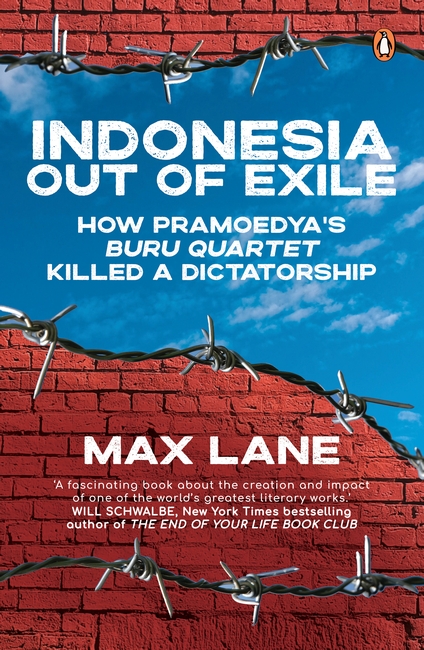
In 1981, a new company, Hasta Mitra, founded by three men just released from over a decade in prison, published a novel written in a prison camp by Pramoedya Ananta Toer. The novel was This Earth of Mankind. It told the story of the early gestation of the Indonesian national awakening. The dictatorship eventually banned it after several months of tactical struggle by the three men, Pramoedya himself and the fighters of Hasta Mitra, Joeoef Isak and Hasyim Rachman. In defiance of the dictatorship, they went on to publish the three sequels to This Earth of Mankind, each time followed by another battle and then a ban.
This book tells of these men’s struggle, their arrests and imprisonment-the story of the writing of Pramoedya’s novels in Buru Island prison camp. They return from exile to a different Indonesia, its radical past suppressed and its people terrorised. Pramoedya’s epic novels starting with This Earth of Mankind then explodes onto the scene. Set in a time when even the idea of Indonesia had not yet formed, the book tells an inspiring creation story. The story of that early struggle and of the amazing effort to publish Pramoedya’s novels in the face of repression inspired a new generation of youth who succeeded in breaking the dictatorship. Today, a new generation is being inspired by those same books. So what comes next?
Published: Nov/2022
ISBN: 9789814914178
Length: 240 Pages